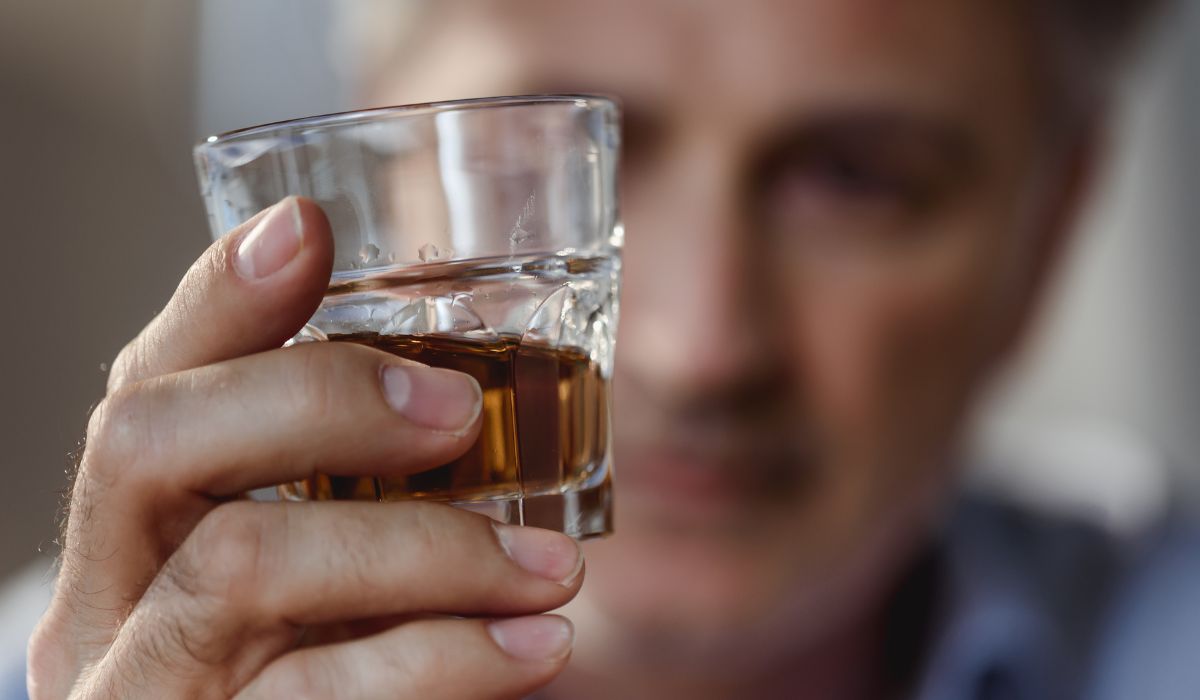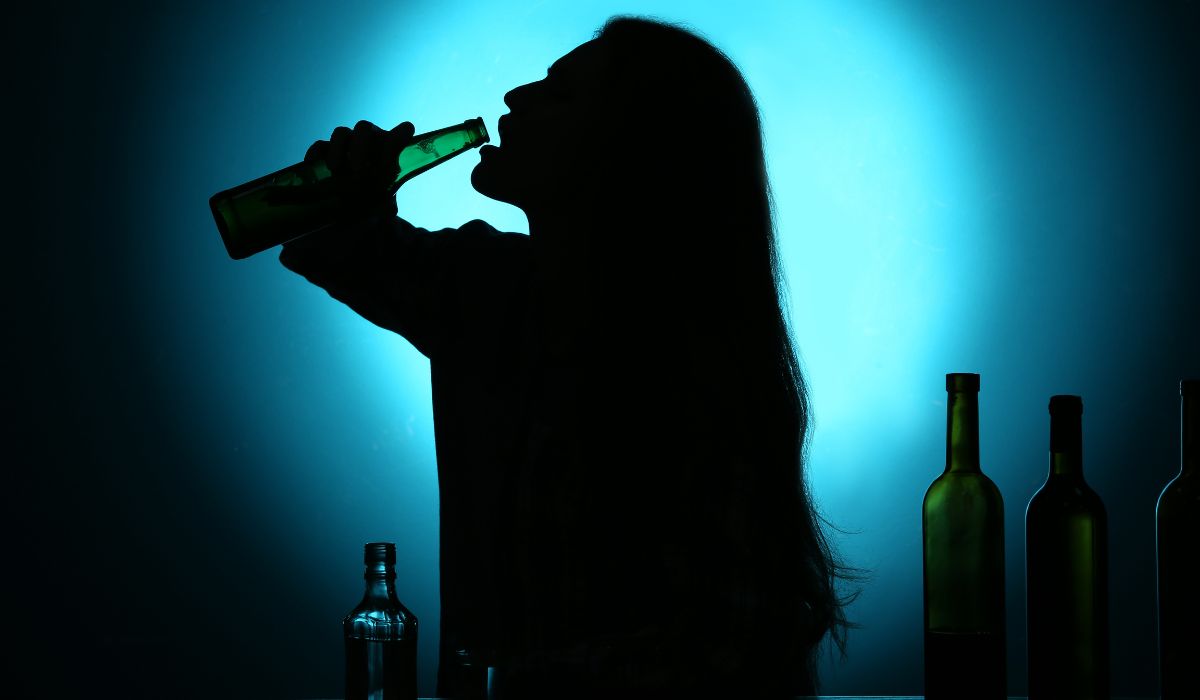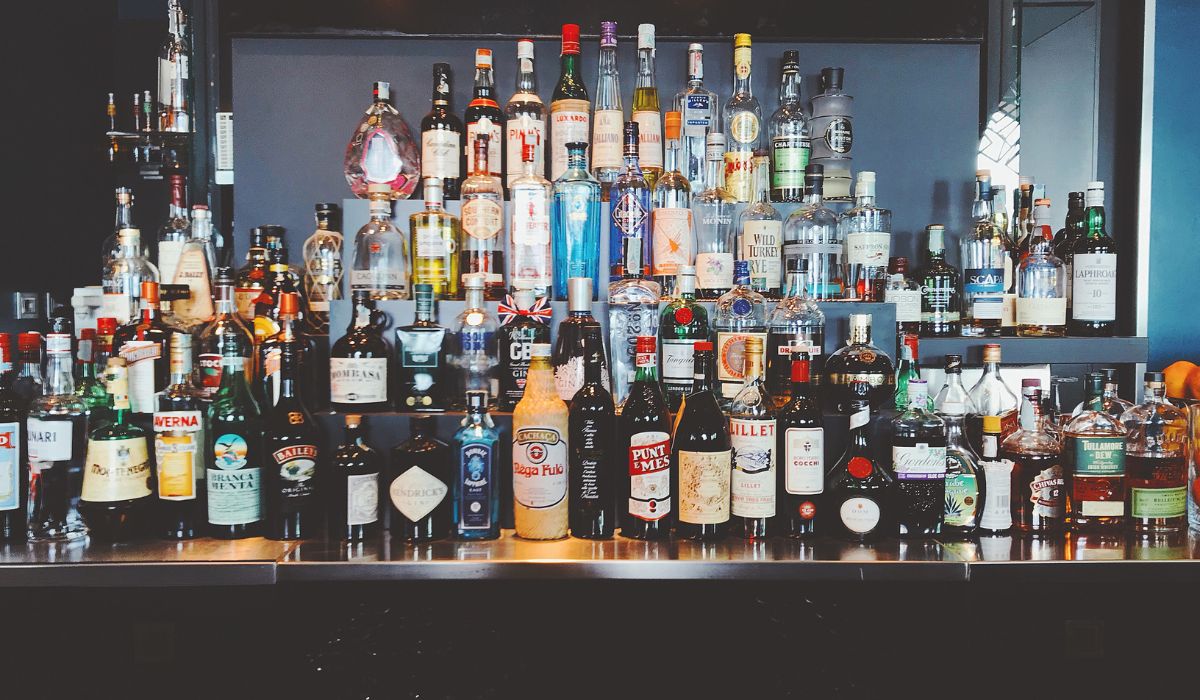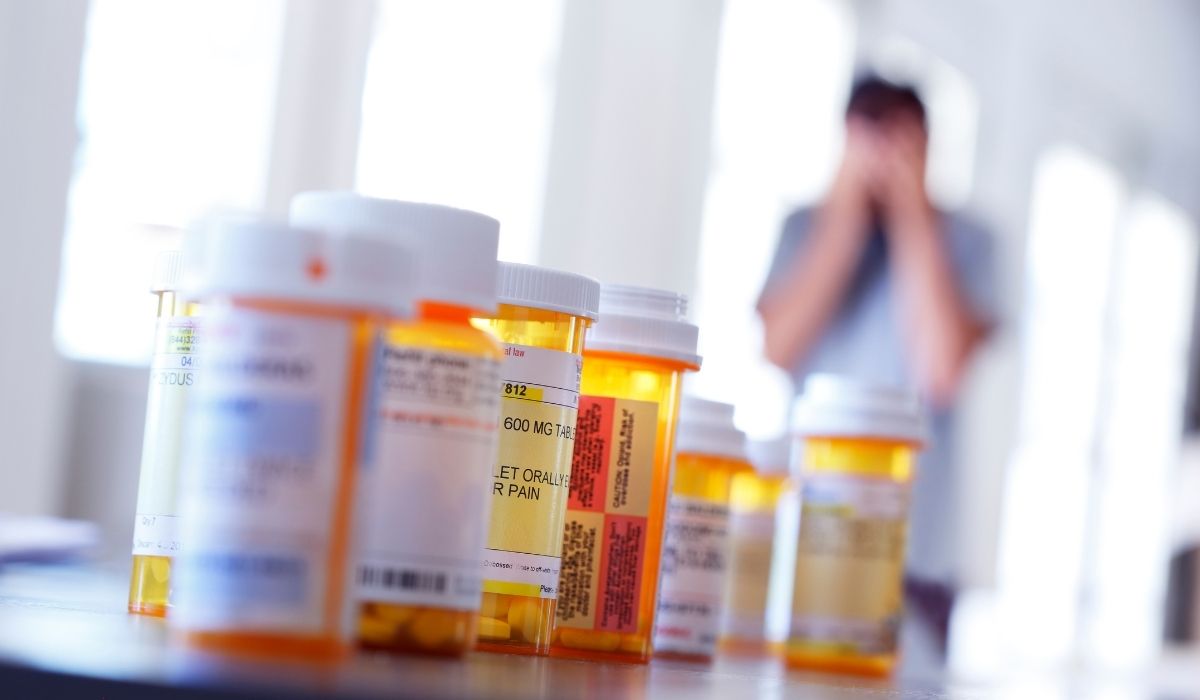What Is in Alcohol That Makes It Addictive?
Alcohol is one of the most commonly used substances in the world. People drink it at parties, family gatherings, and social events. But while some people can drink without problems, others develop alcohol addiction. This raises a big question: what is in alcohol that makes it addictive?
The short answer is ethanol. Ethanol is the main chemical in alcoholic drinks like beer, wine, and liquor. It changes the way the brain works, which can lead to craving, dependence, and addiction. Let’s break down how alcohol works in the body, why it can be addictive, and what factors make some people more at risk.

Ethanol: The Key Ingredient in Alcohol
What Is Ethanol?
Ethanol, also called ethyl alcohol, is a chemical made when yeast ferments sugars in fruits or grains. This is what gives alcoholic beverages their effect. Whether it’s a glass of wine, a can of beer, or a shot of whiskey, ethanol is the substance that changes how the body and brain feel.
How Does Ethanol Affect the Brain?
Ethanol is a depressant. This means it slows down messages between the brain and body. But at the same time, it also activates the brain’s reward system. This system releases dopamine, a chemical linked to pleasure. The more someone drinks, the more dopamine is released, making alcohol feel enjoyable and relaxing.
Over time, the brain starts to connect alcohol with pleasure and stress relief. This cycle is one of the main reasons alcohol can become addictive.
Why Does Alcohol Make People Feel Good?
Dopamine and the Reward System
When someone takes a drink, ethanol triggers the release of dopamine. This gives feelings of relaxation, happiness, or confidence. But the brain begins to expect this chemical boost.
For some people, the brain rewires itself to depend on alcohol for dopamine. This is where substance abuse and addiction can start.
Temporary Stress Relief
Many people drink alcohol to cope with anxiety, stress, or mental health struggles. Since alcohol lowers inhibitions and calms the nervous system, it may seem like a quick solution. But over time, the brain can become dependent on alcohol to feel normal, leading to physical dependence.

How Alcohol Addiction Develops
From Drinking to Addiction
Not everyone who drinks becomes addicted. But certain risk factors make addiction more likely:
-
Genetics: Family history of addiction increases the chance.
-
Environmental factors: Growing up around heavy drinking or peer pressure.
-
Mental health issues: Anxiety, depression, or trauma can make alcohol more appealing.
-
Behavior patterns: Drinking often or in large amounts.
Physical Dependence
With regular drinking, the body gets used to having alcohol in the system. This is called tolerance. Over time, a person needs more alcohol to feel the same effects. If they stop suddenly, they may experience withdrawal symptoms like shaking, sweating, or severe anxiety.
The Role of the Brain in Alcohol Addiction
Brain Chemistry Changes
Ethanol impacts brain areas that control judgment, memory, and self-control. It slows down the frontal lobe, which is responsible for decision-making. This is why people often make risky choices when drinking.
Dual Diagnosis: Mental Health and Addiction
Many people with alcohol addiction also struggle with mental health disorders. This is called dual diagnosis. For example, someone with depression may use alcohol to cope, but drinking too much can make depression worse.
Alcohol and the Body
Short-Term Effects of Drinking
-
Feeling relaxed or happy
-
Slurred speech
-
Slow reaction time
-
Loss of coordination
-
Risk of alcohol intoxication
Long-Term Effects of Addiction
-
Liver disease
-
Heart problems
-
Damage to the brain
-
Increased risk of cancer
-
Mental health struggles
Why Some Adults Become Addicted
Not everyone reacts to alcohol the same way. Some people can drink occasionally without issue, while others quickly develop dependence. Adults who face constant stress, trauma, or lack of support may turn to alcohol as a coping mechanism.
Genetic predisposition and environmental factors also play a role. If addiction runs in the family, the brain may be more sensitive to the effects of ethanol.
The Link Between Alcohol and Psychology
The Brain’s Reward System
The brain is wired to seek pleasure. Alcohol “tricks” the brain into thinking it’s a reward worth chasing. Over time, the brain’s reward system becomes less sensitive to natural rewards like food, hobbies, or social connections.
Behavior and Cravings
Addiction isn’t just about physical dependence. It’s also about behavior. A person may drink to relax after work, celebrate with friends, or deal with stress. These habits reinforce the cycle of addiction.
Treatment and Recovery Options
Therapy and Counseling
Talking with a therapist helps people understand their relationship with alcohol. Psychology and psychiatry treatments like Cognitive Behavioral Therapy (CBT) can change negative thought patterns that lead to drinking.
Medical Detox
When someone is physically dependent, they may need alcohol detoxification or drug detoxification. This helps clear alcohol from the body safely under medical supervision.
Rehab Programs
-
Inpatient rehab: A structured program where patients live at the treatment center.
-
Outpatient rehab: Flexible treatment while living at home.
-
Dual diagnosis programs: Focused on treating both addiction and mental health disorders.
Peer Support Groups
Groups like Alcoholics Anonymous (AA) provide ongoing encouragement and community. Many people find long-term sobriety through support and accountability.
Preventing Alcohol Addiction
Healthy Coping Skills
Instead of drinking, try:
-
Exercise
-
Talking to a counselor
-
Journaling
-
Spending time with supportive friends
-
Mindfulness or meditation
Education and Awareness
Understanding what is in alcohol that makes it addictive can help prevent abuse. Parents, schools, and communities can play a role in teaching young people about risks early on.

Seeking Treatment? We Can Help!
We work with PPO Out of Network Health Insurance Policies
If you or a loved one are struggling with mental health challenges or substance abuse, reach out to Mountain Sky Recovery today. Our team of compassionate professionals is here to support your journey towards lasting well-being. Give us a call at 951-498-5412. Visit SAMHSA for more information.



